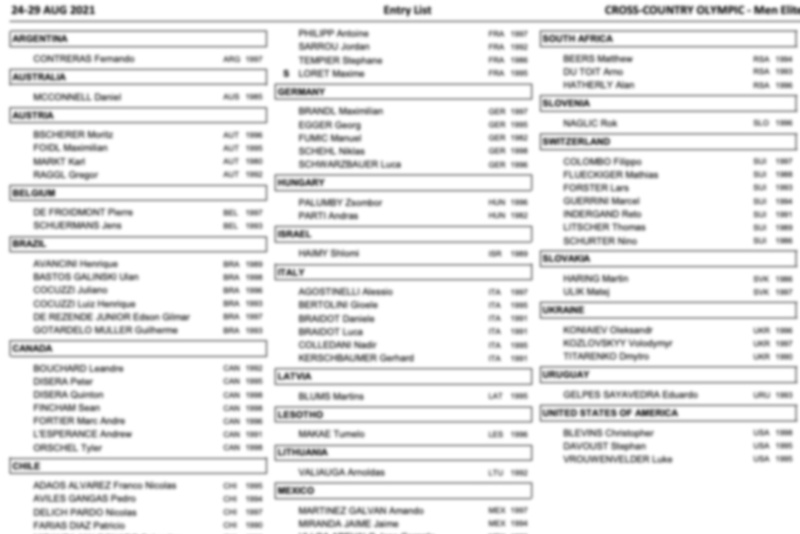French President Emmanuel Macron shocked the nation by dissolving parliament three weeks ago, leading to new elections set to take place starting on Sunday. The unexpected move has created nervousness among the French population, with many people taking precautions by assigning proxies to vote on their behalf if they are unable to do so.
With the first round of voting scheduled for Sunday and the second round a week later, the election season is in full swing. Candidates are competing for seats in the Assemblée nationale through a majority vote system. Three main political blocs have emerged, with Marine Le Pen’s Rassemblement national leading in the polls followed by Emmanuel Macron’s Renaissance party in the center and the Nouveau Front populaire on the left.
The outcome of the elections remains uncertain, with the possibility of a coalition government depending on the results of the runoff elections on July 7. The rise of Marine Le Pen’s Rassemblement national has posed a challenge to Macron’s leadership, as his party suffered a major defeat in the European elections earlier this year. Macron’s decision to dissolve parliament was seen as a response to growing discontent among French voters and as a way to bring clarity back into politics.
Despite Macron’s assurance that he will remain in office until 2027, there is still uncertainty about who will become prime minister if his party does not win enough seats in Sunday’s election. Many voters are turning towards right-wing nationalist parties like Marine Le Pen’s RN as they express growing distrust towards political establishment. The outcome of these elections will shape France’s future and determine its direction for years to come.
The rise of right-wing nationalism has been one of significant challenges for France and it’ll be interesting to see how it plays out during this election season.



